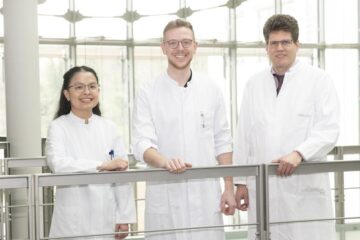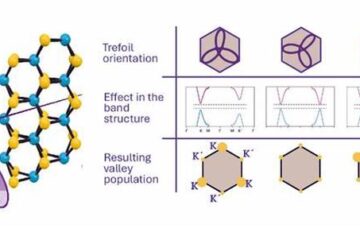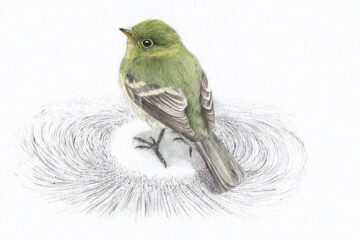Europe’s Largest Climate Change Experiment Launched

Scientists at the University of Liverpool have launched a large scale experiment to monitor the impact of climate change on freshwater systems.
Dr Heidrun Feuchtmayr and a team from the School of Biological Sciences are conducting a two year project in collaboration with scientists from Belgium, Germany, Norway, Iceland and Denmark, to assess whether a predicted rise in climate temperature for the UK and parts of Europe will increase the toxicity of algae in the country’s lakes and ponds.
The project – the largest climate change experiment in Europe to date – is based at Ness Botanic Gardens and will involve testing a type of algae in 48 heated water tanks.
Scientists will examine whether a rise in climate temperature will increase the growth of blue-green algae – known as cyanobacteria – many species of which are toxic and can affect fish, snails and other lake dwellers. It has also been known to cause irritation of the skin, headaches and sickness in humans and animals.
Dr Heidrun Feuchtmayr said: “There is limited knowledge about the impact of global climate change on freshwater systems. Many lakes in Europe have suffered problems with blue-green algae through the introduction of fertilisers, discharges from farms and organic chemicals such as washing powder into the water. We now need to look at how these problems may be exacerbated with an increase in temperature.”
Pets or livestock drinking toxic lake water can suffer skin irritation and severe disorders involving the circulatory, nervous and digestive systems. In extreme cases, the effects can prove fatal. Humans are also affected by blue-green algae. Military training in lakes containing toxic algae has induced sickness in soldiers, such as vomiting, abdominal pain and sore throats.
Dr Feuchtmayr added: “Climate temperature is predicted to rise by 3 to 5 °C in the UK and parts of Europe in the next half century. We will investigate if blue-green algae blooms are more likely to form in heated water tanks and if the toxicity will increase with higher temperatures. We will also assess changes to aquatic communities and food webs.”
Media Contact
More Information:
http://www.liv.ac.uk/newsroomAll latest news from the category: Ecology, The Environment and Conservation
This complex theme deals primarily with interactions between organisms and the environmental factors that impact them, but to a greater extent between individual inanimate environmental factors.
innovations-report offers informative reports and articles on topics such as climate protection, landscape conservation, ecological systems, wildlife and nature parks and ecosystem efficiency and balance.
Newest articles

Targeted use of enfortumab vedotin for the treatment of advanced urothelial carcinoma
New study identifies NECTIN4 amplification as a promising biomarker – Under the leadership of PD Dr. Niklas Klümper, Assistant Physician at the Department of Urology at the University Hospital Bonn…

A novel universal light-based technique
…to control valley polarization in bulk materials. An international team of researchers reports in Nature a new method that achieves valley polarization in centrosymmetric bulk materials in a non-material-specific way…

How evolution has optimised the magnetic sensor in birds
The magnetic sense of migratory birds is probably based on the protein cryptochrome 4, and a genetic study has now provided further support for this theory. A team of researchers…





















